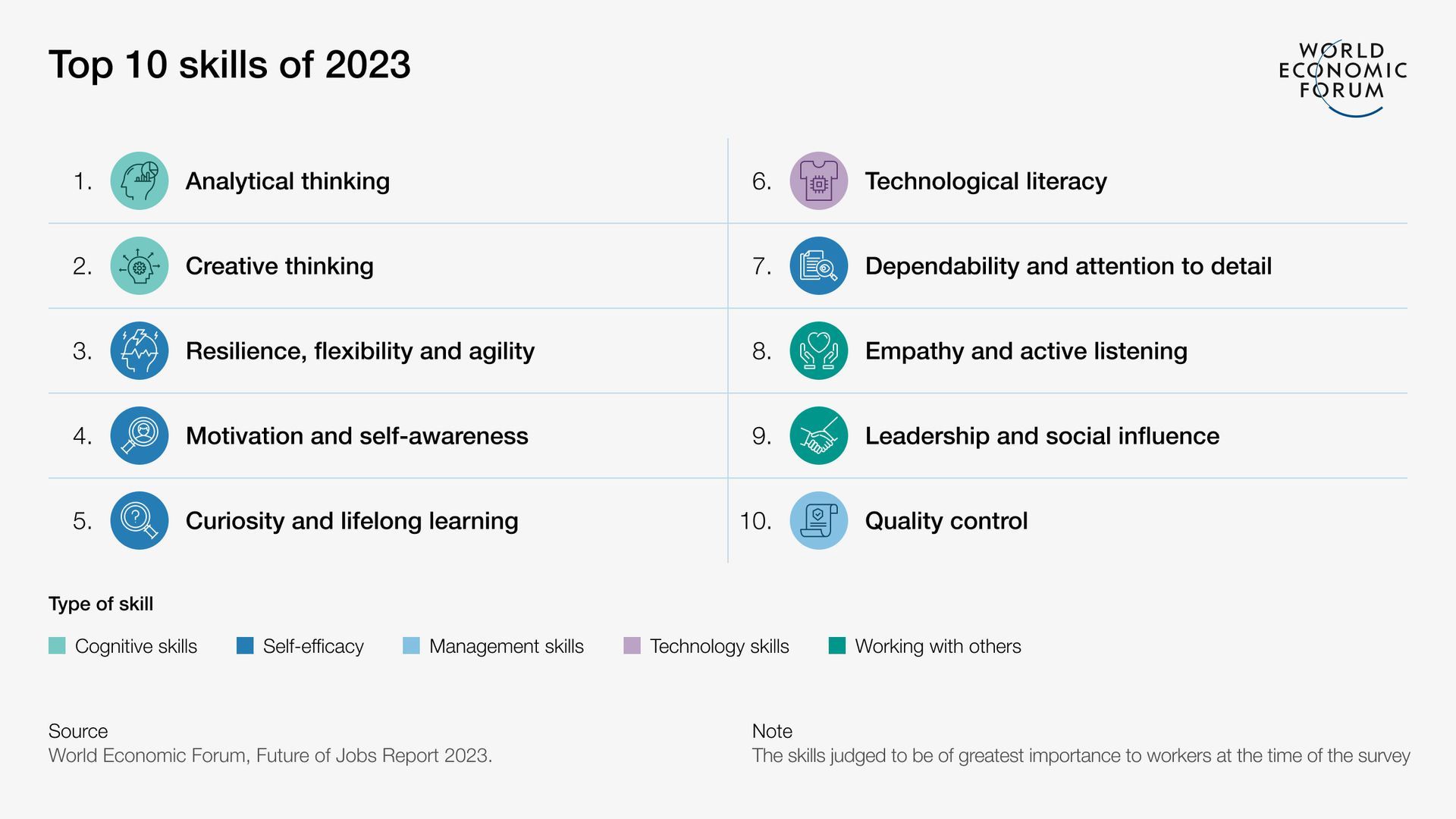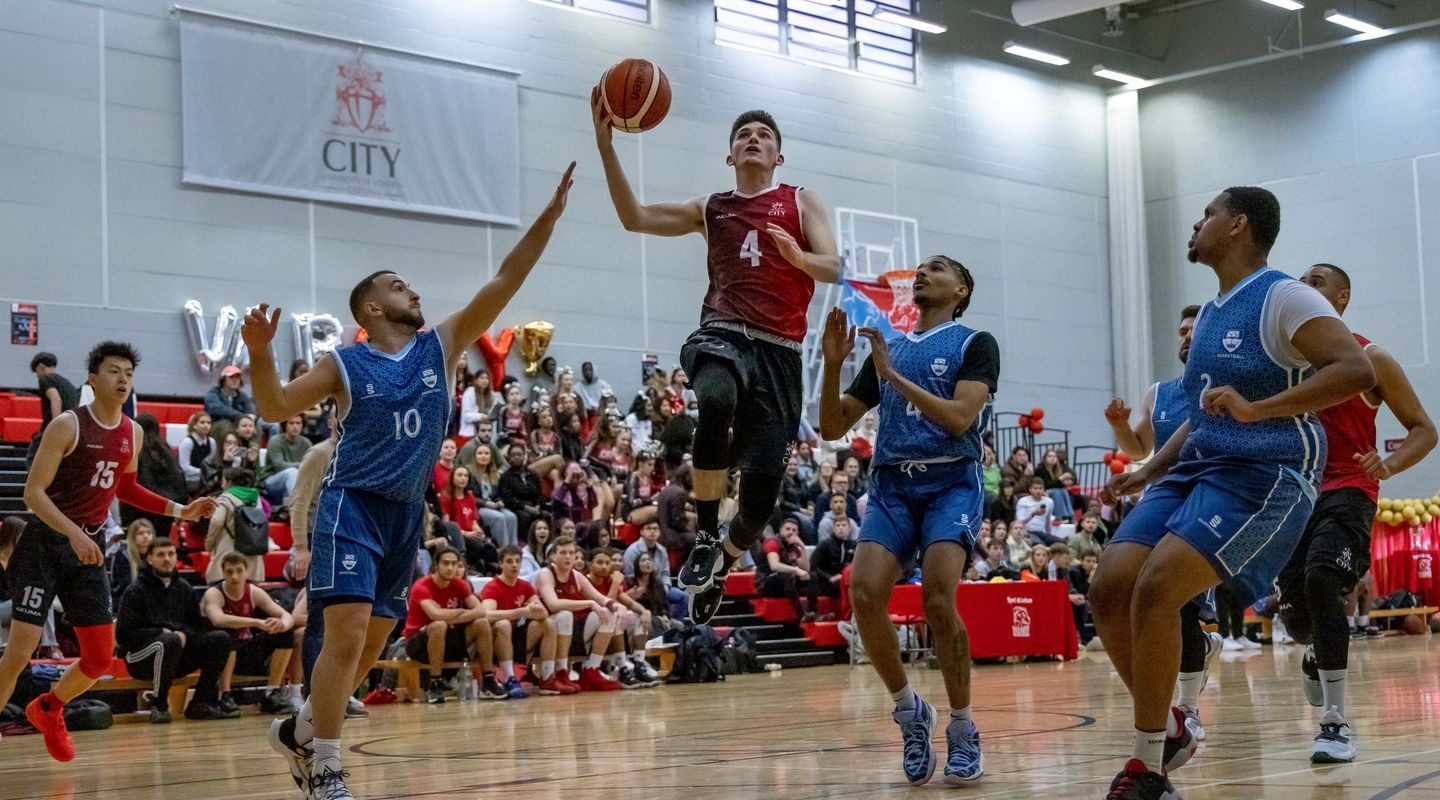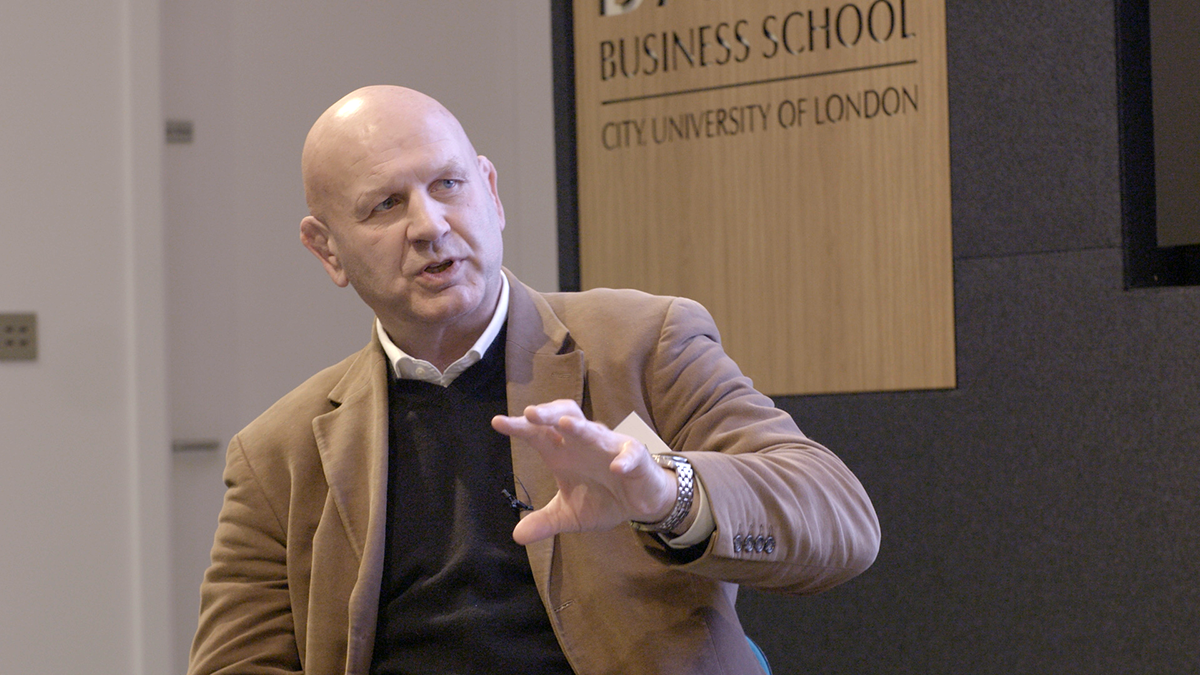Case study: Boosting critical thinking and creative problem solving in the classroom with Sport Sparks
Where can coaches turn to for help when they're out of time, out of colleagues, and out of ideas?
THE CHALLENGES OF COACHING
A 2020 study by Leeds Beckett University identified 17 main categories coaches’ problems fall into. Problems with player-coach interaction, coaching knowledge and skills, and the coaching workforce were in the top 4. In terms of support networks, the research found that coaches would look “closest to home: to themselves, their family/friends” [1], instead of branching out to find alternatives.
These factors can make sports coaching an isolating and challenging environment to innovate in. This case study explores how using an AI tool, Sport Sparks to generate ideas and develop solutions, can be a beneficial ‘coach in your pocket’ tech tool - a source of both knowledge and support.
SPORT SPARKS TRIAL

Dr Tom Jones, Assistant Professor in Sports Physiology at Northumbria University, trialled Sport Sparks in his Strength and Conditioning Masters programme. Sport Sparks is an AI tool which guides sports coaches to discover more creative solutions to athlete problems. Dr Jones’ programme focuses on practical-based teaching, which includes setting real-world-based scenarios for students to address. He used Sport Sparks with 15 students working in small groups. They were set case scenarios to develop coaching solutions for and present back to the class.
Sport Sparks served as a catalyst in classroom settings. The tool enabled the students to get started on exploring a variety of ideas, simply by inputting the case study and using the creative questions generated by Sport Sparks.
One case study Dr Jones set his students was:
“A boxer is 8 weeks out from his fight. He needs to increase max strength without putting on body mass so his power to weight ratio is improved. What strategies would you implement?”
THE RESULTS
The students had to devise a strategy in 20 minutes. Dr Jones found that previously, without Sport Sparks, the students would begin with uncertainty and not knowing where to start. By using Sport Sparks from the outset, he observed that the students were immediately more confident and productive in their discussion.
Sport Sparks also led to more independent thinking, as the students were encouraged to steer clear of the pitfalls of seeking perfect solutions. Research shows that perfectionism in the workplace can lead to inflexible and excessively high standards and an all-or-nothing mindset.[2] Using Sport Sparks, the students were instead encouraged to critically analyse the pros and cons of the ideas suggested by the tool, improving both their critical thinking and creative problem solving skills.
Dr Jones commented:
“What [the students] are able to do is take elements from numerous Sports Sparks generated scenarios and use the information to guide them to a solution. [The tool] facilitates independent working much more effectively than me going around. It helps expand their thinking, so they question if they thought about this or that aspect of their challenge."
THE MAIN TAKEAWAYS
Dr Jones’ main takeaways from using Sport Sparks on his module were:

QUICK STARTS
By acting as a guide and facilitator, Sport Sparks reduces the anxiety of ‘where do I learn more? And who to talk to about it?’ Helping students to solve complex challenges quickly.

360 DEGREE VIEW
Sport Sparks adds more breadth and depth to the discussion, by suggesting ideas the students wouldn't have thought of themselves.

ANALYTICAL SKILLS
The lack of ‘copy-paste’ answers meant students needed to engage in analysing the tool’s suggestions, boosting critical thinking and creative problem solving. According to the World Economic Forum, analytical and creativity skills are the top two most sought-after skills in the workplace.[3]


AI THE RIGHT WAY
Sport Sparks differs from popular AI chatbots such as ChatGPT, as it helps students build on dynamic, personalised questions based on input from experts in the field of creative problem solving and sports coaching. This is very different from the unregulated generic solutions available on the internet.

MORE USE, MORE IMPACT
The students had greater confidence during the second use of Sport Sparks, when they were able to understand more fully what it does and get used to the tool’s features. Regular use of the tool reinforces analytical thinking skills and helps the user to become more confident in their own creative abilities.

OVERCOME ISOLATION
Broadly speaking, coaching can be isolating, as coaches don’t often have the environment to ask as many questions as they might like to someone. Having Sport Sparks as a ‘coach in your pocket’ to prompt those ideas is valuable.
Going forward, Dr Jones found that based on his experience using Sport Sparks for encouraging good practice in teaching and small working groups, he would recommend its use in a range of sports modules.
When times get tough, is a coach-on-demand tool the answer? Give it a try to find out.
Bibliography
[1] North, Julian, David Piggott, Alexandra Rankin-Wright, and Michael Ashford. 2020. “An Empirical Examination of U.K. Coaches’ Issues and Problems, and Their Support and Advice Networks.” International Sport Coaching Journal 7 (3): 283–94. https://doi.org/10.1123/iscj.2019-0049
[2] Swider, Brian, Dana Harari, Amy P. Breidenthal, and Laurens Bujold Steed. 2018. “The Pros and Cons of Perfectionism, according to Research.” Harvard Business Review. December 27, 2018. https://hbr.org/2018/12/the-pros-and-cons-of-perfectionism-according-to-research
[3] Masterson, Victoria. 2023. “Future of Jobs: These Are the Most In-Demand Skills in 2023 - and Beyond.” World Economic Forum. 2023. https://www.weforum.org/agenda/2023/05/future-of-jobs-2023-skills/













